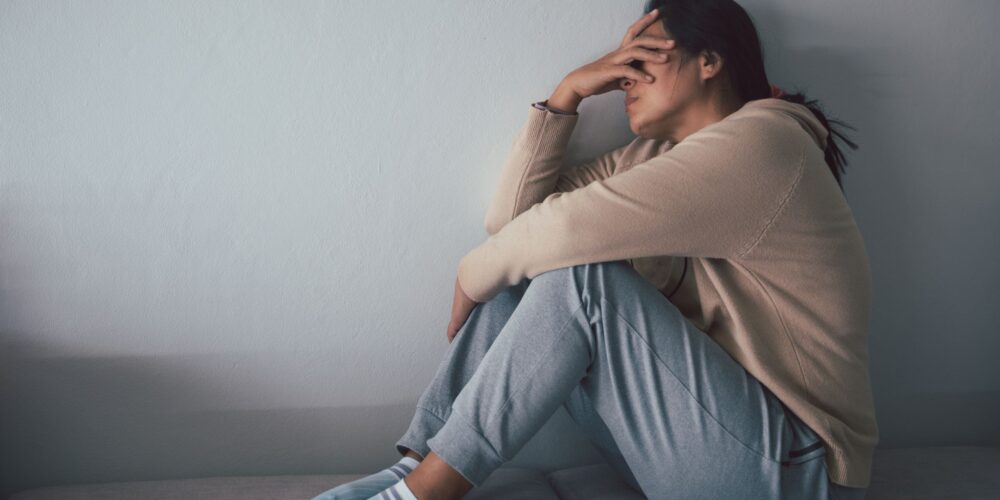The prevalence of mental health conditions in Newark, NJ is a…

Even before the Covid-19 pandemic, Americans were experiencing a collective decline in mental health. As mental health service providers, we have put substantial thought into what is causing this decline. While there is no single reason why mental health is on the decline, we have noticed several trends that we believe are contributing to this problem.
One a government level, it is clear that a lack of investment in mental health services is one of the reasons for our collective mental health getting worse. In the United States, we have always been reluctant to invest in mental health services. However, over time we have shifted responsibility for issues that once fell under the social work umbrella into other areas, often the criminal justice system. We do not provide enough funding for mental health interventions before they reach crises level.
Perhaps one of the reasons for this is a lingering cultural taboo surrounding mental health. Given that approximately 20% of adult Americans experience a mental illness, it is still taboo to discuss it. This means that people may not discuss mental illness when it begins to onset, for fear that they will be judged or suffer other consequences. This means that people may be deprived of a social support network that they would have for other types of illnesses. It also makes it more likely that the diseases will escalate without treatment.
We also have a lifestyle problem. Much of our society is focused on quick fixes. Mental health does not have a quick fix. While medications may help with the management of mental health conditions and are often necessary to correct for chemical imbalances, the reality is that most mental health challenges require a deeper level of care. Other aspects of our lifestyle are detrimental to mental health as well. Sedentary, isolated lives with unhealthy diets and habits are the norm, not the exception, in America. While those things do not necessarily cause mental illness, they also do not support people in their pursuit of wellness.
Of course, we also have to consider the impact of two major social or cultural issues. The first issue is social media. Social media has changed how people get their information, which has led to an altered reality for many people. This can make it difficult for people to discern when mental health issues, such as a breakdown in reality testing, are mental health issues and not simply a reflection of social conditions. The other issue is the Covid-19 pandemic, which increased isolation and loneliness, both known to have a negative impact on mental health.
If you are finding yourself struggling with mental health, we can help. Greater Essex can evaluate your condition and develop a personalized plan to help you manage those challenges.



